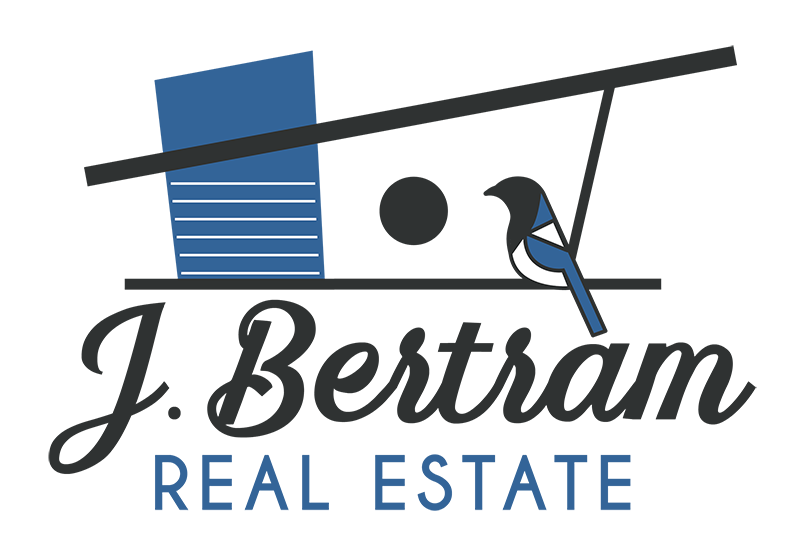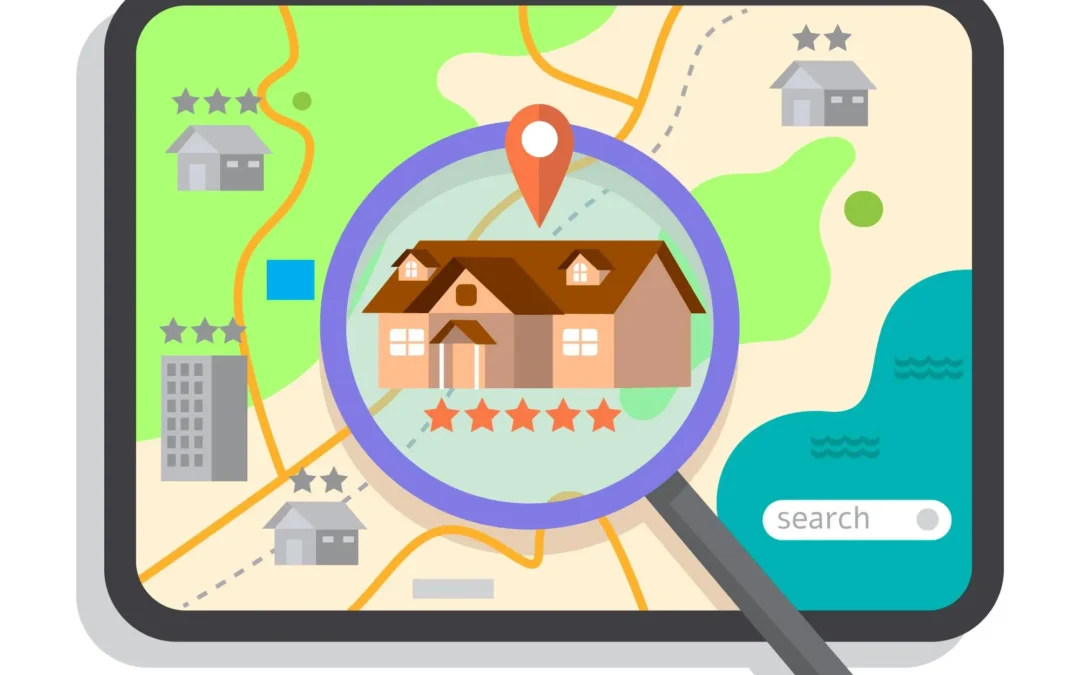Thinking about buying a home, but not sure how much you can afford? Several factors come into play when deciding the ideal price range for your search. Here are some important considerations to keep in mind.
1. Gross Monthly Income
Lenders will assess your gross monthly income to determine your pre-approval amount. Keep in mind, this refers to your income before taxes and deductions. As a result, the amount you’re pre-approved for could be higher than what you’re actually comfortable paying each month for a new home.
2. Monthly Expenses
Make a comprehensive list of all of your current monthly expenses. Be sure to include things like any current loan payments (car, student loans, credit cards), utilities, groceries, dining out, subscriptions, and everyday expenses like coffee or takeout. This will give you a clear view of how much disposable income you have each month to allocate toward a house payment.
3. Budget
Create a budget using the 28/36 rule, as suggested by financial experts:
-
28% Rule: Your housing costs (mortgage, property taxes, homeowner’s insurance, mortgage insurance, and HOA or condo association fees) should not exceed 28% of your gross monthly income.
-
36% Rule: Your total debt payments, including housing costs, should not exceed 36% of your gross monthly income.
4. Emergency Fund
As we all know, life happens, so it’s smart to have an emergency fund for unexpected expenses. Experts recommend setting aside 1% to 4% of your home’s value for this purpose.
5. Mortgage Interest Rate
Many buyers don’t realize just how much the interest rate can affect their monthly house payment. Depending on the rate, it can make a difference of hundreds of dollars. While it’s highly unlikely that we’ll see rates as low as they were during the pandemic, it’s still crucial to shop around to find the best mortgage product available.
6. Loan Term
The length of your loan term also has a significant impact on your monthly payment. A shorter term (10-15 years) will result in higher monthly payments, but you’ll likely secure a lower interest rate and pay less interest over the life of the loan. On the other hand, a longer term (30 years) offers lower monthly payments, but you’ll end up paying much more in interest. For this reason, many buyers opt for 30 year loans due to the affordability benefits.
If you’re serious about buying a home soon, it’s a good idea to connect with a mortgage lender to get pre-approved. They’ll review the factors mentioned earlier and help you understand how much you can afford, giving you a clearer picture of your monthly payment based on the price range you’re considering and your specific situation.
Share on:

Subscribe to Our Newsletter
Stay up-to-date on central Ohio’s housing market, local happenings and top attractions. Sign up for our quarterly newsletter and never miss a beat!

More Articles from J. Bertram Real Estate
Dive into our rich experience in real estate to get the most out of your journey.
What NOT to Do When Securing Financing
Securing a mortgage? Avoid common mistakes like large purchases, unexplained bank transfers, job changes, and late payments that could delay or derail your home loan approval.
Buying Your First Home: Look for These Red Flags
Buying your first home? Learn key red flags to watch for—like structural issues, rushed flip jobs, hidden odors, and overpriced listings—to make a smart, informed investment.



